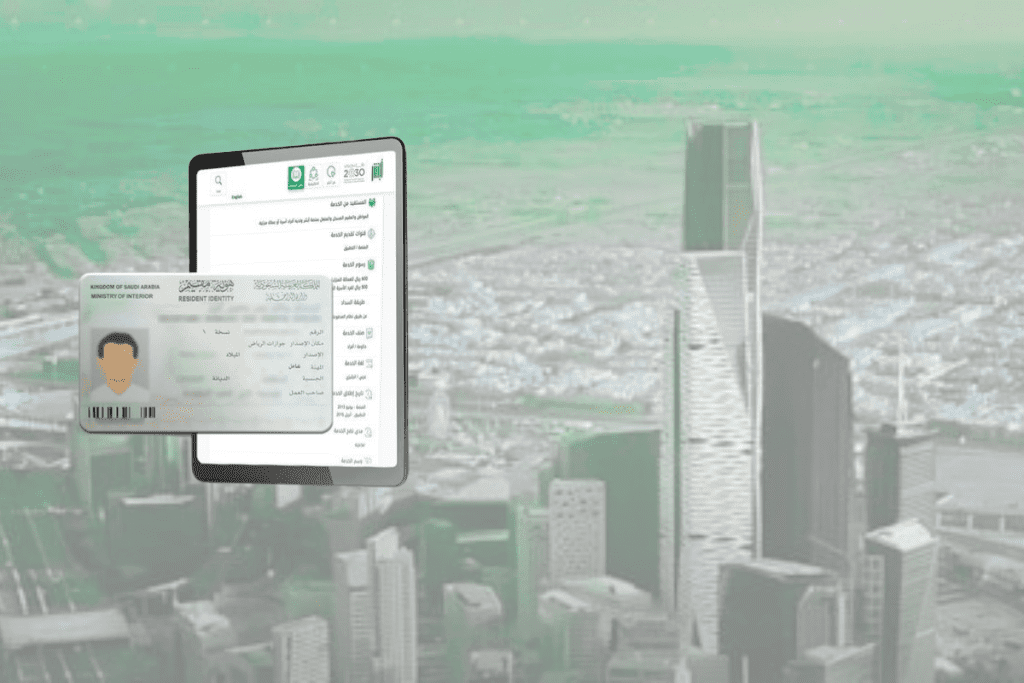Real Estate Licensing in Saudi Arabia: A Complete Guide for Foreign Investors

The real estate sector offers significant opportunities for foreign investors. As the nation continues to modernize and expand its infrastructure, the potential for growth in the property market is immense. However, foreign companies must navigate a clear set of licensing requirements to operate legally and successfully in this sector.
This guide outlines the key real estate licensing requirements for foreign investors in Saudi Arabia, offering a detailed overview of the documentation and regulations involved.
Who is Eligible for Real Estate Licensing?
To qualify for a real estate license in Saudi Arabia, foreign companies must meet specific investment and location requirements:
- Minimum Investment Requirement:
The proposed real estate project must have a minimum value of 30 million Saudi Riyals, covering land acquisition and construction costs. This ensures that projects are of significant scale, fostering meaningful contributions to Saudi Arabia’s development. - Location Restrictions:
Investments must be located outside the cities of Mecca and Medina. These cities are of high religious importance and remain closed to foreign real estate investment. Consequently, foreign companies must focus on their developments in other regions of the country.
Meeting these eligibility criteria is the first step in securing a real estate license and gaining a foothold in the growing Saudi property market.
Required Documents for Real Estate Licensing
To obtain a real estate license in Saudi Arabia, several essential documents must be submitted, all of which require certification from the Saudi Embassy:
- Commercial Registration of the Shareholding Partner:
Foreign companies must submit a certified copy of the commercial registration of their shareholding partner, ensuring that all parties involved are recognized and validated. - Financial Statements:
The Saudi Embassy must also provide and certify the foreign company’s financial statements for the most recent financial year. This helps the Saudi government assess the applicant company’s financial health and credibility.
While the documentation requirements are straightforward, it’s essential to ensure accuracy and completeness, as even minor errors can lead to delays in the approval process.
Rules and Restrictions for Licensing
In addition to the required documentation, foreign companies must also adhere to specific rules and regulations:
- Premium Residence Holders
Premium residence holders enjoy certain exemptions from document requirements. This is a significant benefit for those who hold premium residency, streamlining the licensing process. - Ministry of Investment License
If one of the partners has previously been licensed by the Ministry of Investment, it must be disclosed in the application. Transparency is key in ensuring a smooth approval process. - National Identity or Commercial Registration Data
The applicant must provide the Saudi national identity or commercial registration data for any participating Saudi companies or partners when filling out the electronic application. This ensures that all parties are properly documented and compliant with Saudi regulations.
For foreign companies, obtaining a real estate license in Saudi Arabia is essential for operating within the country’s burgeoning property market. Companies can secure their position in this lucrative market by understanding the eligibility criteria, preparing the necessary documentation, and adhering to the regulatory requirements.
Need assistance?
Northman & Sterling is committed to helping you succeed in Saudi Arabia’s real estate sector. With our expert guidance, you can confidently navigate the licensing process and set the foundation for a successful venture.










